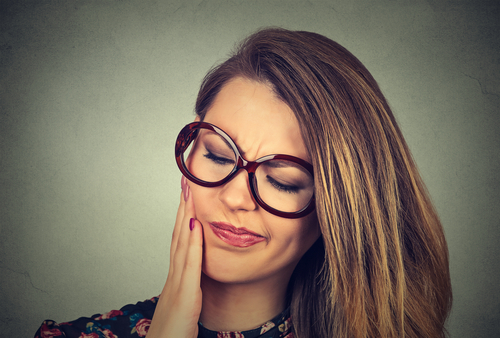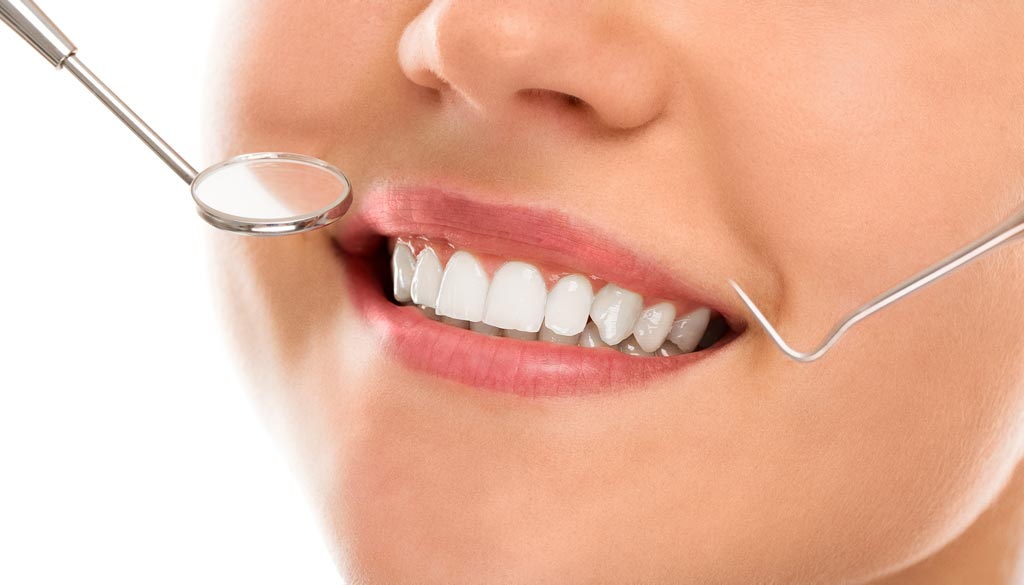Do you often wake up with a headache or a sore jaw? Do you hear your children grinding their teeth at night?
Teeth grinding (bruxism), occurs in both children and adults. Nearly 30% of children grind their teeth at night. Although bruxism often occurs while you’re asleep, clenching or grinding teeth can also happen during the day.
There are many reasons that people grind their teeth, including stress, poor tooth alignment, blocked airways or other breathing problems. Children with allergies or asthma have a higher incidence of bruxism. People who smoke, drink a lot of coffee or alcohol are also more prone to grinding. In addition, some medications and certain diseases are responsible.
What are the Effects of Bruxism?
Bruxism can cause several problems. The pressure of clenching can cause teeth to chip or fracture. Enamel may be lost and teeth may become yellow and gums recede. The pressure can affect the temporomandibular joint which may contribute to headaches, earaches or facial pain.
Finding the Underlying Cause
Although stress is often associated with bruxism, there may be other reasons that you grind your teeth. Bruxism is common in people with sleep disorders or sleep apnoea. The dental staff at Maudsland Dental Care will ask questions to understand what is causing the grinding. After identifying the root cause, we recommend methods to either stop or reduce damage to your teeth and mouth.
Use a Mouthguard
Mouthguards, also called night guards, are custom-made dental appliances that fit snugly over your teeth. They are made of acrylic or plastic. Plastic night guards are more rigid whereas acrylic models are soft and flexible. Although night guards protect your teeth, they will not stop you from grinding.
Relaxation
If stress is an underlying cause of teeth grinding, you’ll need to find ways to relax. Some people practice yoga, mindfulness or focused breathing to reduce stress. You may find that light stretching before bed relieves tension. Some people take a warm bath or use a heating pad to relax muscles. Applying a warm, moist cloth on your jaw can also help. Listening to soothing music is effective for some people.
Treat yourself to a full body massage, either by a professional or your partner. As with other relaxation therapies, a massage loosens tight muscles and allows you to relax. During the day, if you feel your jaw, facial muscles or neck tighten, gently massage the area.
Be aware of the position of your jaw and teeth. If you find yourself clenching your teeth or tightening your neck and shoulder muscles, try to relax. Take deep breaths, slightly open your mouth or position your tongue between your teeth to relieve jaw pressure.
Talk to Your Doctor About Your Medications
If medications may be contributing to the problem, we may recommend that you talk to your doctor. Your doctor may suggest alternatives such as adjusting the dosage or trying a different medicine. Always consult your Doctor before adjusting medications. Abruptly stopping some medicines can result in serious side effects.
If you’re concerned about Bruxism, call the friendly staff at Maudsland Dental Care on 07 5580 0621 who will assess your teeth and provide you with the best solution.



